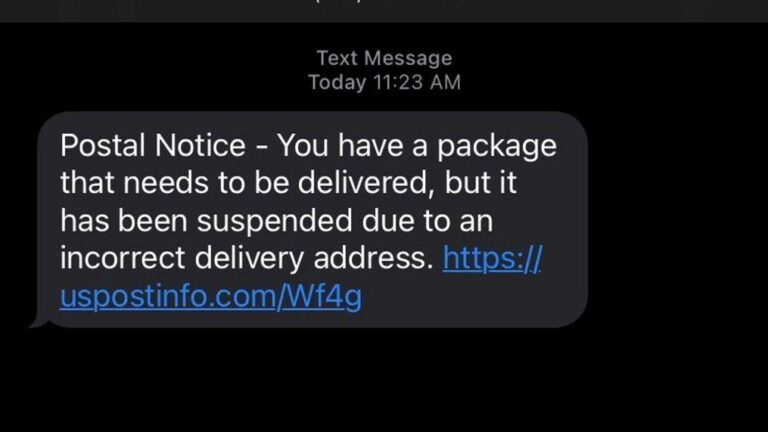Philadelphia Labor Strike: Democratic Leader Appeals for Immediate Resolution
Amid the ongoing and tense strike by Philadelphia city workers, Bob Brady, a leading figure in the city’s Democratic Party, has made a heartfelt appeal urging both union representatives and municipal officials to prioritize the city’s welfare over individual pride. Brady’s blunt admonition to “check your freaking ego at the door” highlights the critical need for a prompt settlement to the labor dispute that has severely disrupted public services and frustrated residents across Philadelphia.
The strike’s impact on daily life has intensified public dissatisfaction, with citizens reporting:
- Accumulating trash due to missed sanitation pickups
- Longer delays and cancellations in public transit schedules
- Disruptions disproportionately affecting low-income and vulnerable populations
Brady’s intervention reflects mounting pressure on both sides to compromise swiftly, warning that prolonged deadlock risks further eroding public confidence and complicating the city’s recovery efforts.
| Stakeholders | Primary Concerns | Potential Consequences |
|---|---|---|
| City Workers Union | Higher wages, job security guarantees | Improved quality of life for workers |
| City Administration | Budget control, uninterrupted services | Fiscal responsibility and operational stability |
| Philadelphia Residents | Consistent and reliable municipal services | Enhanced community health and safety |
Brady Advocates for Collaboration Over Conflict in Strike Resolution
Bob Brady has emphasized the necessity for all parties involved in the strike to set aside personal pride and focus on the collective good of Philadelphia’s residents. His candid message to union leaders and city officials alike stresses that the ongoing stalemate is unfairly burdening the public, urging a shift from entrenched positions to cooperative problem-solving.
Brady outlined several pillars essential for progress:
- Open and honest communication: Building trust through transparent dialogue between unions and city management.
- Unified objectives: Concentrating on the shared mission of serving the public rather than individual agendas.
- Flexibility and compromise: Encouraging all parties to adjust demands to expedite a resolution.
His pragmatic approach underscores that success lies not in winning disputes but in restoring vital services that sustain Philadelphia’s daily life.
Strike Repercussions on Philadelphia’s Services and Community Well-being
The strike has triggered widespread disruptions across essential city services, significantly affecting Philadelphia residents’ routines. Public transit systems are experiencing frequent delays and cancellations, waste collection schedules have been drastically reduced, and administrative offices are operating with limited capacity. These service interruptions have particularly severe consequences for marginalized communities that rely heavily on municipal support.
Summary of service disruptions:
- Public transit: Increased delays and service gaps
- Waste management: Less frequent pickups leading to sanitation issues
- City administration: Restricted access to permits and vital records
- Public safety: Slower response times for non-emergency services
| Service | Status Before Strike | Current Status | Resident Comments |
|---|---|---|---|
| Public Transit | Timely and reliable | Delays exceeding 30% | “I’m consistently late for work.” |
| Waste Collection | Twice weekly pickups | Once every six days | “Trash is piling up quickly.” |
| City Administration | Fully operational | Reduced hours and services | “Permit processing is taking weeks.” |
While the strike highlights legitimate labor concerns, it also sparks debate about balancing workers’ rights with the urgent needs of the public. As service delays grow, residents are increasingly demanding expedited negotiations to restore full municipal functionality.
Strategies for Effective Negotiation to End the Strike
Experts in labor relations stress that successful negotiations hinge on humility and active listening, encouraging all parties to genuinely consider opposing viewpoints rather than dismissing them. This respectful engagement fosters mutual understanding and lays the groundwork for productive dialogue.
Key recommendations for negotiators include:
- Maintain transparency: Clearly communicate limitations and concessions to avoid misunderstandings.
- Establish realistic deadlines: Prevent protracted discussions that increase frustration and entrench positions.
- Leverage data-driven insights: Use financial and operational metrics to inform equitable compromises.
| Negotiation Principle | Recommended Approach | Anticipated Result |
|---|---|---|
| Control Ego | Consciously set aside personal pride | Faster consensus |
| Promote Dialogue | Encourage open exchange of perspectives | Enhanced mutual understanding |
| Clarify Objectives | Identify and focus on shared goals | Collaborative problem-solving |
Conclusion: The Path Forward for Philadelphia
As negotiations progress, Bob Brady’s urgent call for all parties to set aside personal differences underscores the critical need to resolve the city worker strike swiftly. With essential services disrupted and residents caught in the crossfire, the pressure mounts on union leaders and city officials alike to reach a compromise. The coming days will be pivotal in determining whether cooperation can triumph over conflict, restoring stability and normalcy to Philadelphia’s workforce and its communities.








